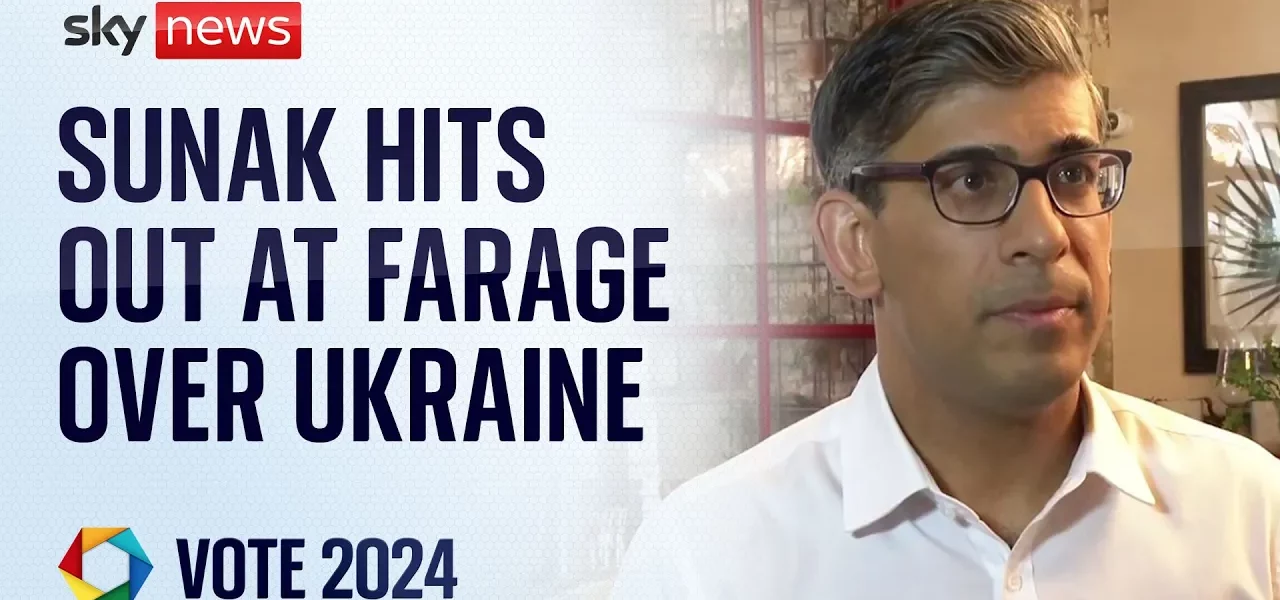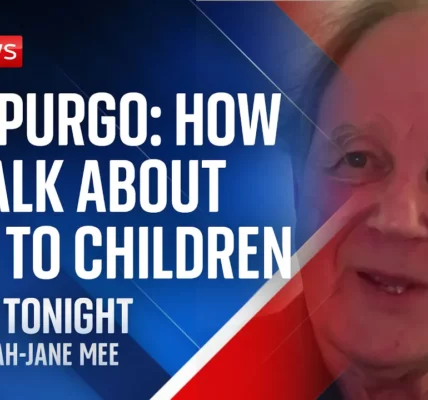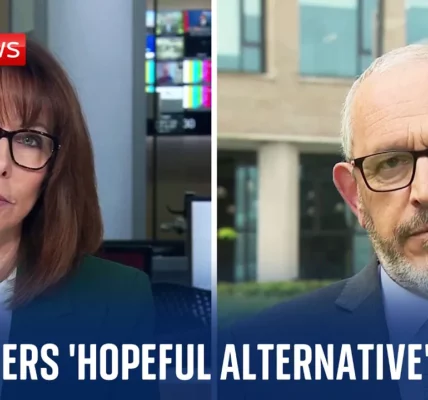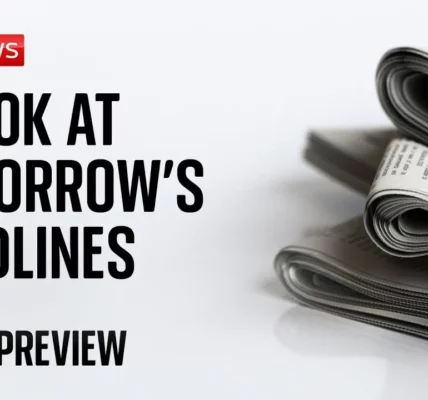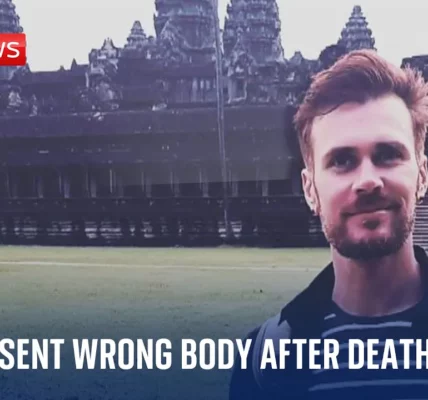Nigel Farage’s Controversial Comments on Russia and Rishi Sunak’s Response

This article delves into the recent political discourse ignited by Nigel Farage’s remarks regarding Russia and the subsequent reactions from Prime Minister Rishi Sunak and other political figures. The implications of these discussions on UK politics and security are crucial, as they highlight the ongoing tension between Western powers and Russia.
Introduction
The political landscape in the UK has been significantly influenced by recent comments made by Nigel Farage, particularly concerning Russia and its actions in Ukraine. Farage’s statements have drawn sharp criticism from various political factions, leading to a complex discussion about security, national identity, and the responsibilities of political leaders. This article explores the ramifications of Farage’s remarks, the responses from Prime Minister Rishi Sunak, and the broader implications for Britain’s stance on international relations, especially with Russia.
Context of Farage’s Comments
Nigel Farage’s history of controversial statements regarding Russia has resurfaced amid a tense political climate. His admiration for Vladimir Putin as a politician has been noted over the years, and he has often attributed blame to the European Union for escalating tensions with Russia. This section will explore the context and content of his recent remarks.
Historical Perspective on Farage’s Viewpoints
Farage’s framing of Russia’s actions has remained consistent since the 1990s. He has previously stated:
- The EU has “blood on its hands” for its role in provoking conflict in Ukraine.
- Western expansion into Eastern Europe has been a mistake that has led to current hostilities.
- He has warned of potential war in Ukraine since 2014.
Recent Statements During the Election Campaign
In a recent BBC interview, Farage reiterated his long-held beliefs that:
- The EU and NATO’s eastward expansion provoked Russia.
- Putin’s aggression should be understood in the context of historical grievances.
These comments have drawn widespread condemnation, uniting politicians across the spectrum against him, with many labeling him a “Putin apologist.”
Responses from Political Leaders
Following Farage’s remarks, political leaders from both the Labour and Conservative parties have expressed their disapproval. This section examines their reactions and the implications for political unity in the face of external threats.
Condemnation from Across the Spectrum
Key political figures have voiced their concerns regarding Farage’s comments, stating:
- David Simmons (Conservative): Emphasized the need to resist Putin’s ambitions, citing historical sacrifices made during WWII.
- Chris Bryan (Labour): Asserted that all political parties should stand united in support of Ukraine against aggression.
Sunak’s Personal Connection to the Issue
Prime Minister Rishi Sunak responded to Farage’s comments by emphasizing his deep love for the UK and his family’s immigrant background. He stated:
“I will work my hardest to repay this country for everything that it has done for my family.”
This personal connection highlights the contrasting narratives between Sunak and Farage regarding national identity and responsibility.
Public Perception and Political Consequences
The reaction of the public and political analysts to Farage’s comments is crucial in evaluating the potential consequences for his party, Reform UK. This section analyzes polling trends and public sentiment towards the ongoing discourse.
Polling Trends for Reform UK
Recent polling data indicates a surprising surge for Reform UK, suggesting they have overtaken the Conservative Party in voter support. Key points include:
- Polling shows Reform UK at 20 points, reflecting a significant rise since the campaign’s inception.
- However, Farage’s controversial remarks may alienate some voters and impact the party’s long-term viability.
Potential Backlash from Voters
As Farage faces accusations of being a “Putin apologist,” there is a debate on how this will resonate with the electorate. Analysts suggest that:
- Public sentiment may lean towards candidates who demonstrate clear support for Ukraine.
- Farage’s framing may be seen as detrimental to national security interests by many voters.
Conclusion
The discourse surrounding Nigel Farage’s recent comments on Russia and the responses from Rishi Sunak and other political leaders reveal a significant rift in UK politics regarding foreign policy and national security. As the election campaign progresses, the implications of these discussions will be pivotal in shaping public opinion and influencing voter behavior. It is essential for all political figures to navigate these complex issues thoughtfully and responsibly. For further analysis on UK politics and security matters, explore our related articles.
“`
